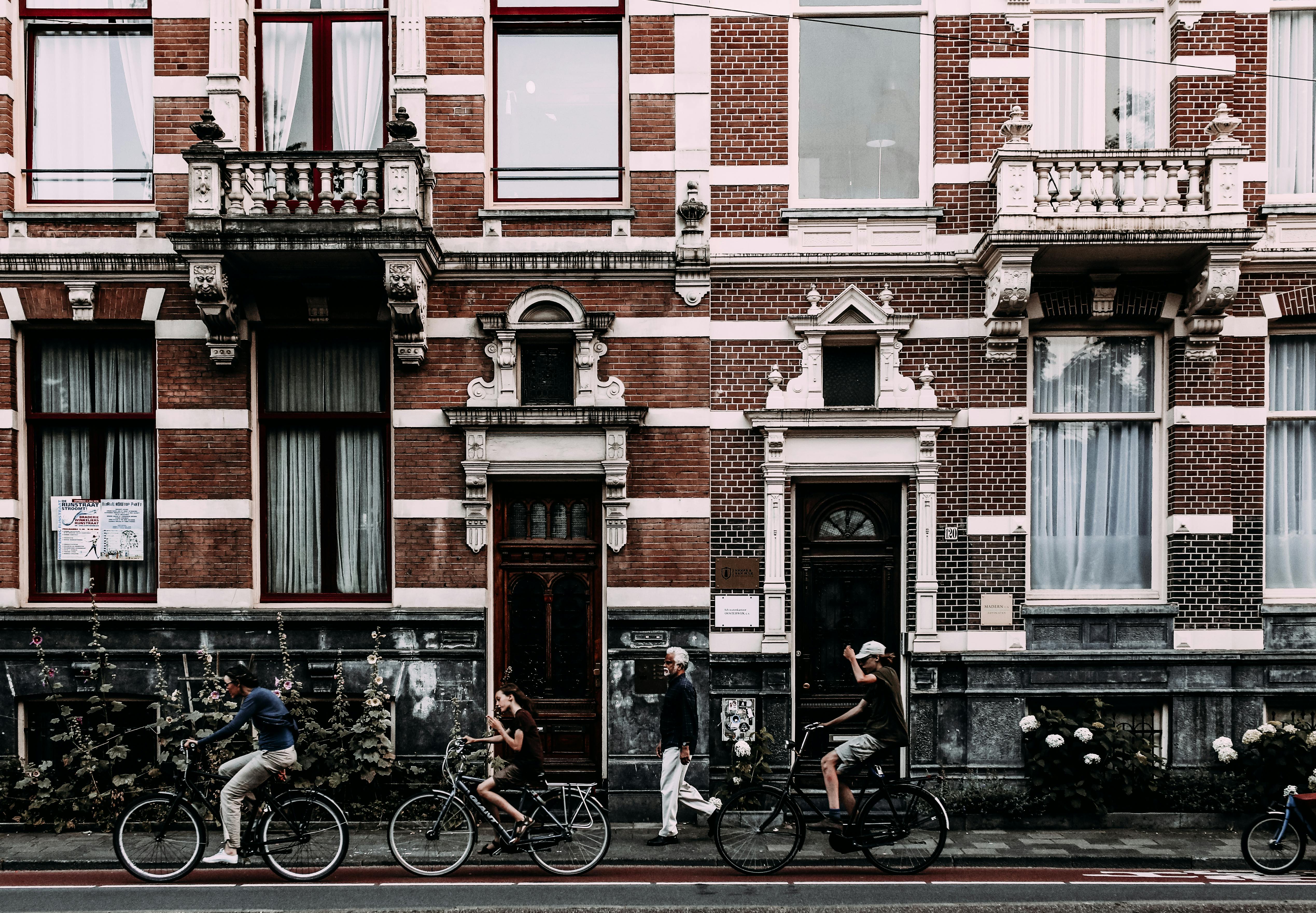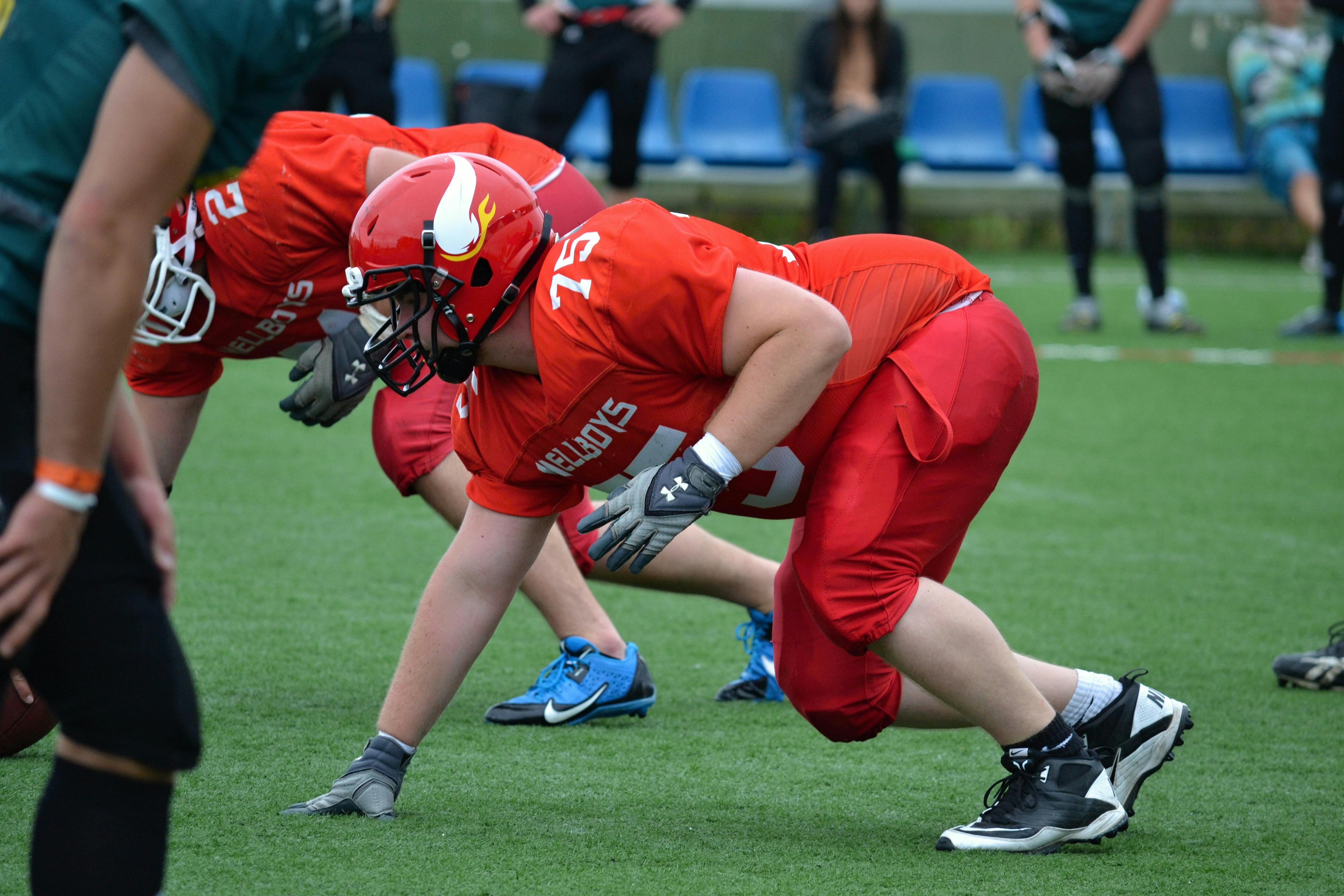Real Madrid-FIFA ‘Team of the Century’; 31 League titles; 9 European Cups; a couple of UEFA Cups and World Club Champions titles.
In addition, curiously, it is a club that in recent years has fostered the custom of firing successful coaches. Jupp Heynckes left four weeks after winning a Champions League title, Fabio Capello and Bernd Schuster winning the league title before one was basically fired for being too defensive and the other for being too reckless. The prize, yes, for what it’s worth, goes to Vicente Del Bosque, current coach of the national team, who was fired the day after winning the league in a hotel room where his players were having their celebration dinner! !
Real Madrid originated in 1897 when several students and professors from the Free Institution of Education began playing friendly matches on Sunday mornings. From these humble beginnings, Madrid Football Club emerged in 1902, gaining its royal patronage and club name in 1920 from King Alfonso XIII. The club became a founding member of the Spanish League in 1929, when Barça won the inaugural title and The classic, as the meeting between the two clubs is known in Spain – began in earnest.
From the start, the rivalry was intense but developed significantly during the years following the Civil War. There are, of course, many stories about how the Franco government promoted the interests of Real Madrid to develop its international prestige and that of Spain. In addition, the way in which Barcelona tried to maintain a Catalan identity at a time when the language and the flag were prohibited is well reported. Barça became ‘More than a Club’ and the phrase So win Madrid -that’s how Madrid won- became part of the Spanish sporting tradition.
There are two of these stories, however, that perhaps shed more light on the situation in these difficult times.
In 1942, Barcelona had won the Spanish Cup, now known as the Cope del Rey, but later renamed the Copa del Generalissimo. The following season they faced Real in a two-game semi-final and won the first game convincingly, by three goals to nil, despite the loss of their star player, Escolá. The second leg, however, was something different: it ended with a surprising 11-1 against Madrid. Not only was the visit of the Head of State Security to the Barça dressing room before the match to inform some of the players that their right to remain in Spain was being reviewed, but also the expulsion of a player in the first minutes carried out sure the rest of the team got the right message!
The other classic example of the way Barcelona feel they suffered during the Franco years concerns perhaps the most famous player to ever wear a Real Madrid shirt: Alfredo di Stéfano, who remains an iconic figure in the hierarchy. of Madrid even today. In 1953, the Argentine centre-forward, described by Bobby Charlton as the most intelligent player he had ever seen, was signed by Barcelona from his Colombian club, Millonarios. After di Stéfano appeared in a couple of friendly matches, and after a complicated and underhanded series of ‘negotiations’, the Spanish Federation declared the loan null and void and the player was triumphantly presented by Madrid. Two weeks later, he debuted in a 5-0 win over Barcelona at the Bernabéu, scoring four goals and beginning his path to legend status.
Even the transfer of Luis Figo in 2000 pales into insignificance compared to the machinations involved in di Stéfano’s move.
With such a fierce and continuing rivalry between these two giant clubs, this puts the events of Barcelona’s 3-0 away win in 2000 into even more dramatic perspective; that was the night the madridista fans stood up and applauded Ronaldinho after perhaps his best performance in the club’s colours.




